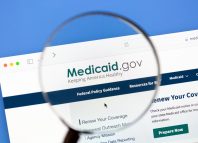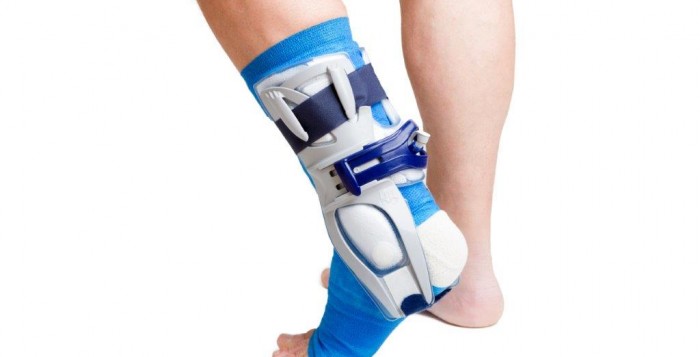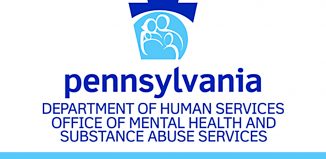Proposed Rule Could Impact Payment & Requirements for Prosthetics/Orthotics
On January 12, 2017, the Centers for Medicare and Medicaid Services (CMS) published in the Federal Register a proposed rule on requirements for qualified practitioners/suppliers for prosthetics and orthotics that interprets Section 427 of the Benefits Improvement and Protection Act (BIPA) of 2000. Some of the provisions included in this proposed rule include:
- Qualifications required for practitioners to furnish and fabricate, and qualified suppliers to fabricate prosthetics and custom-fabricated orthotics;
- The accreditation requirement that qualified suppliers must meet in order to bill for prosthetics and custom-fabricated orthotics;
- The timeframe in which qualified practitioners and qualified suppliers must meet applicable licensure, certification, and accreditation requirements;
- The requirements that an organization must meet in order to accredit qualified suppliers to bill for prosthetics and custom-fabricated orthotics;
- Removal of the current exemption from accreditation and quality standards for certain practitioners and suppliers; and
- The sanction for submitted claims for payment of custom-fabricated orthotics or prosthetics without the required qualifications.
Essentially, the proposed rule would require physical therapists and occupational therapists to meet the Durable Medical Equipment, Prosthetics/Orthotics, and Supplies (DMEPOS) quality and accreditations when they furnish and fabricate prosthetics or custom orthotics under the Medicare program. Additionally, therapists who furnish and fabricate custom orthoses must be licensed by the state (as a qualified provider of prosthetics and custom orthotics), or certified by the American Board for Certification in Orthotics and Prosthetics or by the Board for Orthotists/Prosthetists Certification.
Comments on this proposed rule are due by Monday, March 13, 2017.
The American Society of Hand Therapists (ASHT) has developed a detailed summary of this proposed rule, as well as a sample letter that members can reference to pull relevant facts when developing comment letters in response to this proposed rule.











